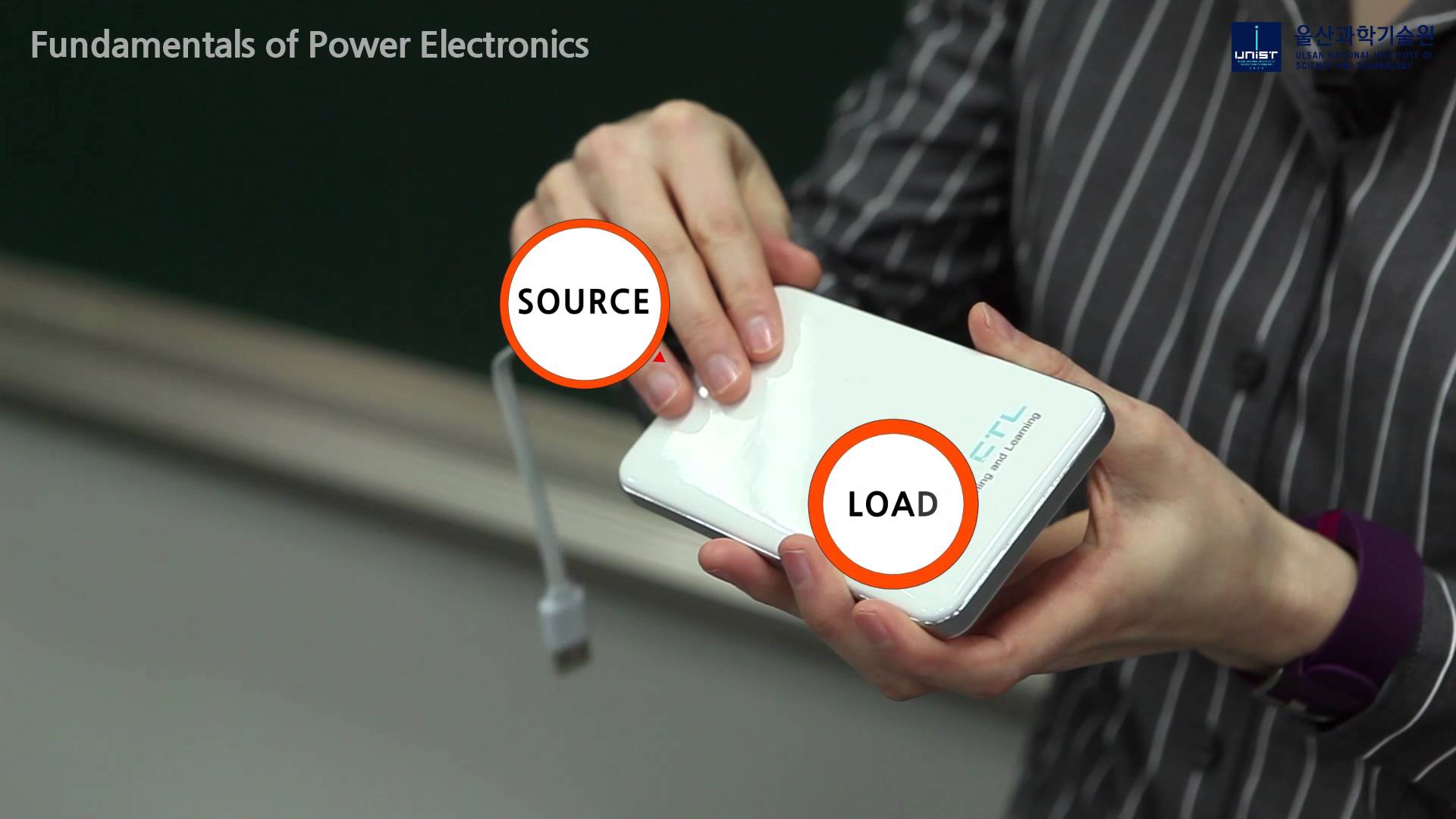India takes first steps towards utility scale energy storage
Solar Energy Corporation of India (SECI) has announced that it will soon release tenders for solar project developers to install storage solutions along with their projects.
In the upcoming tenders for 100 MW capacity in Andhra Pradesh and 200 MW in Karnataka, each 50MW project would be connected to a storage capacity of 2.5 MWh. These tenders would help India draw attention of some key storage systems suppliers such as NGK Insulators, AES Energy Storage, Sumitomo Electric, LG Chem, Samsung SDI, NEC Energy, BYD, Toshiba, GE and Saft. BYD is already known to be exploring this opportunity and may offer a joint bid with SkyPower .
- The primary commercial objective of these particular tenders would be to showcase India as an upcoming market for utility scale energy storage solutions
- For proposed specifications, including storage may lead to a 10 paisa increase in tariffs, however, the technical benefits of storage of this size will be negligible
- These projects should just be seen as a start of the process to acclimatize project developers and grid operators with utility scale storage
From a technical standpoint, the need for energy storage technology is plain obvious in a scenario where grid penetration of renewables is increasing rapidly. India expects to get 15% of all power from renewables by 2022 as against about 5.5% today. Greater amount of storage capacity will be required in future to address intermittency challenges of renewable energy by storing surplus electricity to meet short term demand-supply mismatch. Storage will also be critical in supporting the local grid through ancillary services such as frequency regulation, voltage support and peak demand shaving.
On first examination, the size of proposed storage systems in SECI tenders is rather small (equivalent to just 3 minutes of plant production of a 50 MW project at full capacity). As a result, technical benefits of this storage capacity will also be limited. Nonetheless, the pilot projects would showcase India as an upcoming market for utility scale energy storage solutions and provide useful technical, operational and financial learning for the entire power sector eco-system.
Assuming a price of INR 15,000/kWh (~USD 220/kWh) for lithium-ion batteries, a 2.5 MWh storage unit will cost around INR 38 m (USD 0.6m). The final impact on overall project cost and tariff is estimated to be less than 2% "“ equivalent to a final power tariff difference of only around 7-8 paisa.
With India expected to become the third largest market for solar deployment after US and China from next year onwards, we expect to see much more focus on storage in the coming years.


































